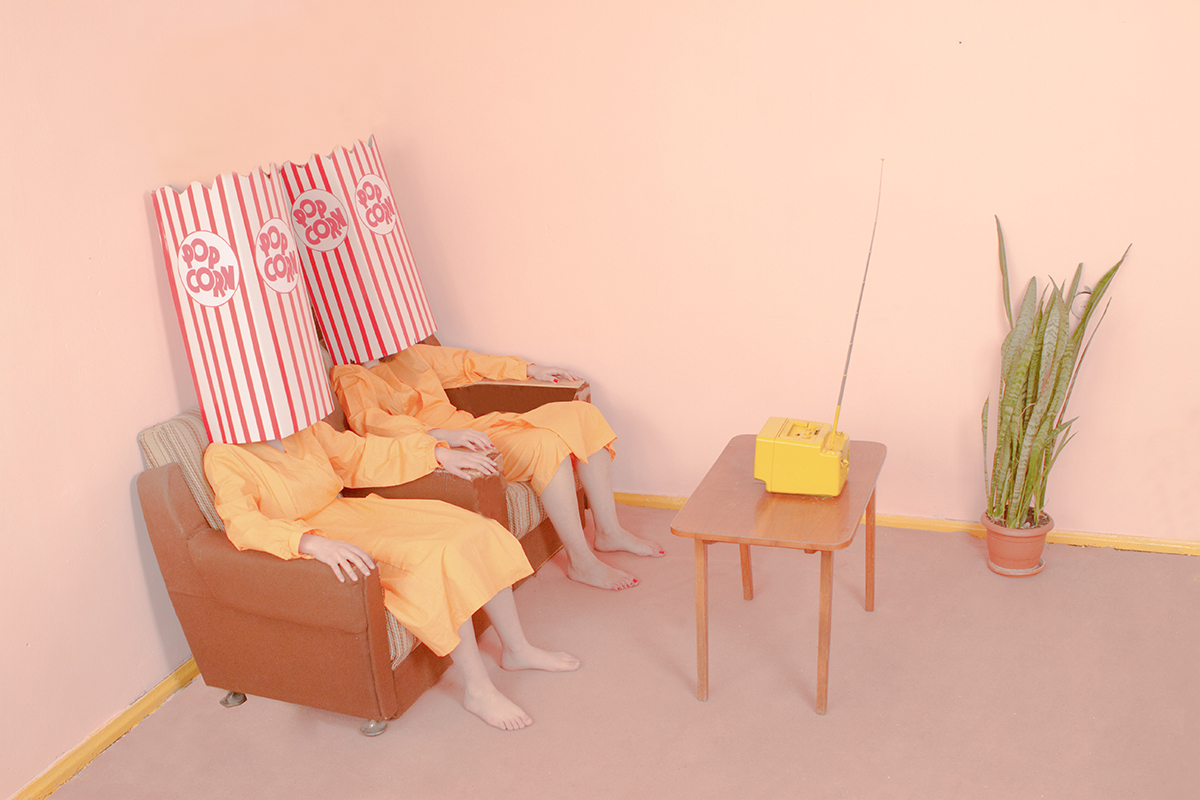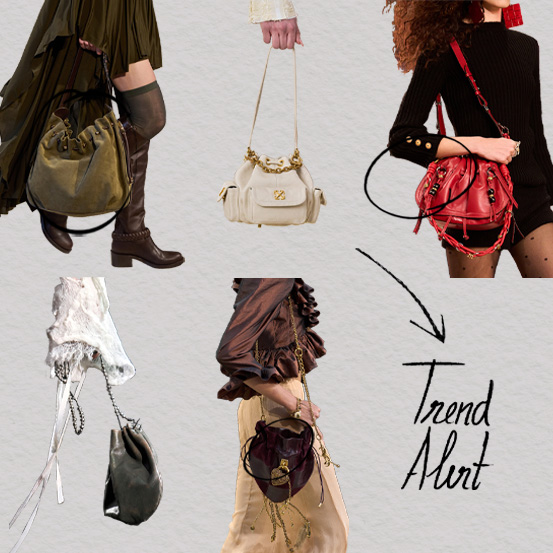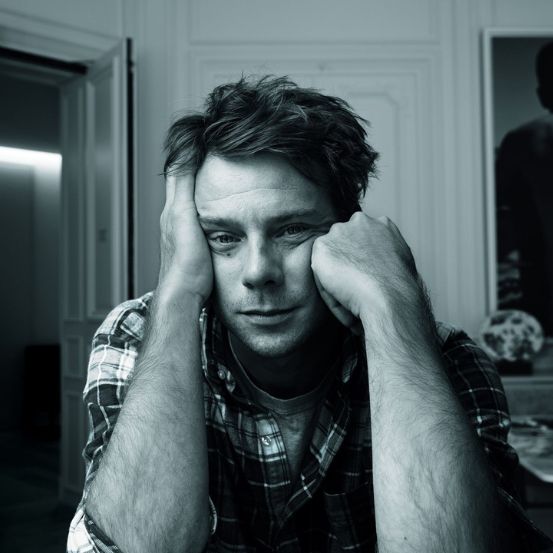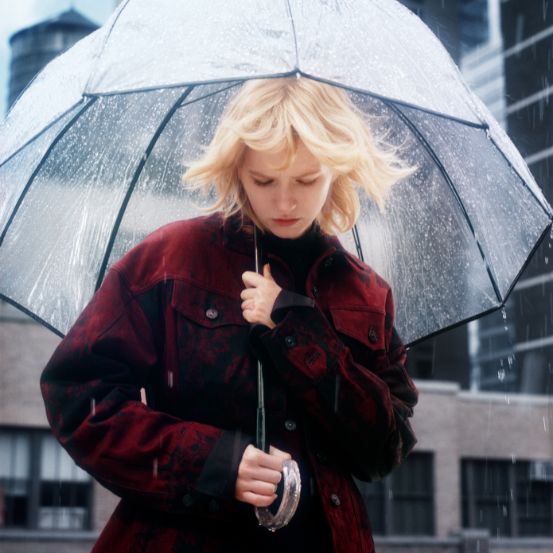In an era when it’s urgent to love, does it make sense to keep seeing love as a one-way trip, with no layovers or stops along the way? If in 2015 the Unknown Mortal Orchestra were singing about the polyamorous relationship of their leading singer, Ruban Nielson, now we go back to school to understand what the right formula to love actually is – or if there is one at all to begin with.
In an era when it’s urgent to love, does it make sense to keep seeing love as a one-way trip, with no layovers or stops along the way? If in 2015 the Unknown Mortal Orchestra were singing about the polyamorous relationship of their leading singer, Ruban Nielson, now we go back to school to understand what the right formula to love actually is – or if there is one at all to begin with.

Before I start, I must declare myself as a hardcore Marvel fan and – I promise I’ll get to the point – a growing fan of Tessa Thompson ever since I discovered her on Janelle Monet’s video, Pink. That admiration grew even more when I saw her play the role of Valkyrie on the third Thor solo movie, Thor: Ragnarok (2017), my favorite from the hero’s solo trilogy. Plus, spoiler alert: it is assumed that the character is queer. If all of this sounds weird to you, and you’re currently thinking something like “where is he going with all of this?”, then keep reading. The truth is, when I recently came across the news of a possible relationship between three people including Tessa Thompson, or throuple, a concept I only discovered in the TV show The Politician (2019), where there is a relationship of the kind and one of the participants is a public figure, hence why it would be a scandal if word got out, suddenly, I was one of those scandalized people. “I’m shocked”, I thought, only to swiftly conclude: “But why am I shocked?” That’s the kickstart for the interpretation, good or bad, of the empirical and implicit rule of what a relationship should look like. Should we be putting boundaries to love, when it operates on an ethical and consented basis? Inês, 30, is a close friend. She identifies herself as solo polyamory (someone that maintains several intimate relationships, but lives independently, or as a single person, for that matter) and tells me no, “It’s curious that no one questions if a parent is capable of loving one of their children more than another, while the contrary happens when it comes to the ability to multiply romantic love.” Those are different loves, sure, but isn’t this multiplication also transversal to the different types of relationships? We also multiply our heart in friendships and, out of the blue, a T1 becomes a mansion à la MTV Cribs with 83 bedrooms, a pool and tennis court. Why is that love frowned upon if it multiplies throughout our romantic interests?
It’s in this complex equation, with no formula on sight, that we come across a form of prejudice that seems a tad more difficult than adding one plus one. And that is what needs to be normalized. Math is not all about adding, but also multiplying, dividing, prime numbers and so forth. There’s a full mathematical spectrum, as there is a relational one, that deserves awareness. So that we can listen and understand. Before continuing, I just wanted to do a small parenthesis. I’m not polygamic. I don’t think I see myself in that way of loving, but I see it and accept it as valid and normal. And not like something “dumb” as the infinite comment boxes and related articles under this topic read. I believe it’s important, as a cis gay man, that tries every day to fight against the prejudice and judgment he experiences, to open up and give space to this consented sexual ethic’s revolution of the XXI century. Because it also represents a way of loving. If I’m being completely honest, I’ve also felt the urge to break the paradigm and jump the fence. Calm down, I’m not talking about cheating, but rather of that constant juggling that is a relationship between two people. Where? On dating apps that not only intensify the urgency of wanting everything at the same time, but also make it easier to do so. If on one day I had a date with a guy I was interested in, on the next day I would set up another, and the effect continued. And a sense of doubt remained: is a test drive with different people at the same time that bad of a thing? If on one hand, I thought of how much work it takes to be in a monogamous relationship, on the other a polygamous one must be double that amount, or triple. However, there’s also the curious, more platonic side that planted the question in my head: “What if?” The truth is that I was also asking myself if it would be natural or not. Natural to me, according to my values, my personality and what I could and could not accept. The fear of being corrupted by jealousy was constant – because I had been corrupted by it in the past – and prevented me from taking a deep dive into the subject without even considering it as a viable option.
According to a study conducted by Rui Diogo, a specialist in evolutive biology and anthropology, investigator and professor at the Faculty of Medicine of Howard University, in Washington, in the United States, “if monogamy was natural, we would not feel the need to make lays and keep people because of polygamy. There are no laws for sleeping o drinking. But people get killed because they aren’t monogamous.” Some are lucky, like Inês, “to have found people that demanded further enquiring about all these issues– especially about truth – and that led me to question myself about the all the thoughts and ideas going through my mind: where is this all coming from?” And the reality is that one doesn’t really think about where this conditioning comes from, not without knowing its history. The concept of monogamy is intrinsically connected to the one of private property, Rui Diogo shares in his study, at the time when “agriculture brought the notion of private property and that created the concept of heritage. During that time, Man wanted to ensure that his inheritance was passed on to his son and not to another random man, thus he imposed monogamy onto women.” Without wanting to turn this into a history lesson, it’s important we understand how this whole thing started and, what we know today as marriage used to be a ring placed forcedly on a woman’s finger, almost as a chastity belt for which there was no key, showing how they belonged to somebody. But it’s not only in polygamy that we find a detour of what could be considered normal. Also, in relationships that move away from heteronormativity, no matter how monogamous they are, are the target of prejudice with which we need to leave and fight – were not Pride and all other events of the sort more and more needed. Still, it makes no sense to not validate any form of love that exists as long as it is ethical and consented.
Don’t misinterpret me. I am not campaigning for the abolition of monogamy, nor am I trying to ignite a war between monogamy versus polygamy. I also don’t mean to prove that one is more valid than the other, or that alternative relationships, like the gold standard, are the future. But it is true that it’s society’s progress, and the consequent evolution of mentalities that comes along with it, as well as the pandemic itself, that force each one of us to introspect more acutely and realize, and appreciate, the concept of individuality – it’s impossible not to ask these questions. It’s normal that from it a need to question what is or is not right for us arises. For us and for others. “Is monogamy what works best for me and my needs?” It’s important that we question ourselves deeply and understand what truly satisfies us. There is a blinding sense of fear in exploring what lays beyond our comfort zone and more and more we create an aversion to any sort of change. Isn’t it valid that the relationship where what we understand as love implies multiplying it with others, simultaneously, or even share it as those who share the same sex, or gender, as we do, without it being odd to the eyes of outsiders? When love takes up all shapes and sizes, it transcends us to the point of making us do crazy things – those who have never done anything stupid for love may throw the first broken heart – so it seems rather stupid to limit it and force it to a one-way street, with no layovers or alternative exits like: “See it here, the biggest organic 30-pound butternut squash in the country”.
After all, what does it take to start seeing all these variants of love as valid options? “A question in which I know I deviate from the norm (or perhaps not that much, maybe more out of a question of the form) is seeing sexuality as freer, in the sense that I like to experience it with different people”, Inês shares. “To go through life that way has forced me to think about these romantic relationship questions. What separates a romantic relationship from a great friendship? Is it a sexual matter? And if not – if all these friendships with benefits blur that line, how should I define romantic love?” There is no universal answer. If on one hand, Inês sees in romantic love the infinite possibilities of a relationship with several people, on the other we have José, for whom “a romantic relationship is a bond between two people that is kickstarted by an anatomic form of desire that is then perpetuated by the daily building upon it side by side, in a search for both to align themselves and find in one another something that makes them grow on a daily.” However, independently of the number, gender or sex of the people involved, only one thing seems to be universal for any type of relationship to work properly – regardless of what it is: communication. “I think that for a relationship to work, all parts must be available to do that inner work, no escape attempts of not dealing what comes. It’s in relationships with others that we find ourselves”, Inês outlines. “If you’re scared or not looking for yourself – or if we think we know ourselves so well that we don’t need any of it – then you won’t go far. Nor with ourselves or with anyone. I’m not straining away from a typical conception – marriage, kids, longevity. This might happen. But further in us, within the individual and the group.” This communication, the reaching of an agreement and realizing what works for each one of the parts, that we must have with anyone we are in a relationship with, whether we’re two or three. In both a hetero and a gay relationship. But always with an ethical and consented basis.
Heteronormativity is no longer the only option. We have at our disposal a vast spectrum of possibilities that, unfortunately, are still conditioned by petty, outdated restrictions imposed by society that doesn’t allow for the exploration of other paths. Or that does, but not in a good way. Not everyone wishes to get married, have kids and live with the same person they met back in high school all their life. It’s incredibly beautiful when that happens. It is proof that love is resilient and everlasting. But it doesn’t invalidate other types of love that, because they are no long-lasting or monogamous, are not also valid, resilient or special. The love between two people of the opposite sex might be the most beautiful thing in the world. As the love between two people of the same sex also is. Or three. Or four. The possibilities are endless. And there are numerous learnings on each side. “The sole objection we have against monogamy is not its practice in itself, but the universal belief that that is the only acceptable choice”, as reads the book of The Ethical Slut (2017) by Janet W. Hardy, author and co-writer or 12 books specialized in sexual adventures, and Dossie Easton, psychotherapist, relationship counselor and professor, that has been working since 1969 with sexual minority cultures. A recommendation by Inês, it was with this book that we unveiled many myths and realities of the relationship spectrum that exists. And how we learned to assimilate the many conscious relationships, whether they are polyamorous, open, alternative or monogamous.
There is no universal formula, but rather one that is created by and for each one of us. What we are taught in school and assimilated by culture is not immutable in the atmosphere and, simply for that reason, we shouldn’t take them as rules. Nort when, nowadays, we’re living an all-around revolution, emotional and psychological, as human beings. If something good comes out of this pandemic crisis we’re still living through, that forced us to confine and appreciate even further the freedoms that were taken for granted before, is that it’s urgent to love. And that urgency transposes in an urgency to live everything at the same time with as much intensity as we can. “It would be good to have many different stories, a plurality of shared visions that would make us think, reflect and explore, exploring oneself along the way”, Inês shares. And those stories are what we see more and more of in the world, increasingly normalized in society. And that is why I say it’s urgent to normalize love, in all its forms, because if there is something we have no control over, or power, for that matter, is precisely that.
Translated from the original, as part of Vogue Portugal's Nonsense Issue, published in july 2021.
Most popular

O que lhe reservam os astros para a semana de 27 de janeiro a 2 de fevereiro
27 Jan 2026
.jpg)

Relacionados


O que lhe reservam os astros para a semana de 27 de janeiro a 2 de fevereiro
27 Jan 2026



 (17).png)